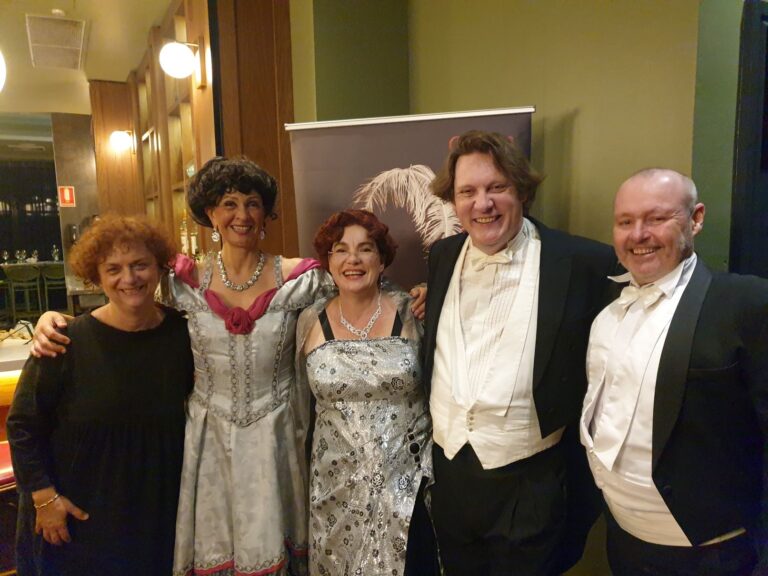
Internet blackout against filter
Protests against the Rudd government’s controversial mandatory internet filter are intensifying as the first parliamentary viewing of the filter Bill approaches.
More than 1000 websites, and hundreds of thousands of Facebook and Twitter profile pictures, have been ‘blacked out’ in protest this week as part of The Great Australian Internet Blackout, which began on Australia Day.
“It’s a broad-based online action to educate Australians about the filter and the problems with it,” says Blackout Online co-ordinator, Jeff Waugh, 30. “It aims to bridge the divide between the tech-savvy and those who aren’t.”
The ‘black out’ includes a pop-up with information about the filter and how to protest, but this box can be removed with a single click, something far more easily bypassed than the proposed filter.
The campaign has attracted “international coverage and censorship concerns. We’ve had good audience reach,” Waugh says.
Communication Minister Stephen Conroy’s filtering legislation will be revealed between February 2 and March 18. “Short-term, this is a really great start,” Waugh says. “It’s caught public and media interest. We need to build on that.”
An Electronic Frontiers Australia petition for tabling in the senate currently has more than 9300 signatures according to Waugh, and GetUp’s Save the Net petition has almost 125,000.
The proposed filter, which Conroy claims will protect children online and stop child pornography, was optional during the 2007 election campaign, but became mandatory post-election. WebPages blacklisted by the Australian Communications and Media Authority (ACMA) will be blocked at Internet Service Provider (ISP) level. The blacklist is not publically viewable and is compiled through public complaint, often from a single person.
Theoretically, the blacklist blocks only content ‘refused classification’ (RC), such as bestiality. But when the blacklist was leaked in March 2009, fewer than 50 per cent of blacklisted pages contained RC content, demonstrating ACMA’s inconsistent approach and guidelines.
“Conroy says the blacklist will classify websites like movies and books but with more than 1 trillion unique websites on the internet are ACMA going to classify every single website?” Waugh asks. “It can’t be done.”
Newtown resident Tony Sceats, 30, a computer performance engineer who co-founded the controversial parody website, ‘Stephen Conroy: Minister for Fascism’ also questions the Minister’s claim that RC content will be blocked. “But there are big differences in regards to commercially available material and what’s available online,” Sceats points out.
“I’m a father of two,” says Sceats’ colleague, Ben Sykes, a Sydney IT consultant. “These issues must be controlled, but this filter doesn’t block the really nasty stuff.”
‘Nasty’ stuff – child pornography and paedophiles targeting children – mostly occurs through chat rooms, instant messaging and peer-to-peer file-sharing programs, none of which will be affected by the filter.
“Parents need to be educated,” says Sykes, 30. He recommends constant parental supervision and installing a ‘white list’, so young children can only visit certain websites.
Dave Singer, 29, a Sydney webmaster and Blackout participant, agrees. “The filter puts children at risk by giving parents a false sense of security.”
GetUp! national director Simon Sheikh says that 86 per cent of Australians believe parents should be responsible for protecting their children online and describes the filter as “unnecessary, ineffective and bad for business.”
The Greens, who are participating in the Blackout, and the federal Opposition have indicated that Conroy’s Bill hasn’t been viewed outside the ALP.
A spokesperson for Australian Greens Senator Scott’s Ludlam said amendments to the Bill were being sought, and a spokesperson for Shadow Communications Minister Tony Smith said the Coalition was “yet to be convinced” of the effectiveness of the internet filter but that they “support sensible and workable measures to protect children from inappropriate online content”.
While Conroy claims the filter will reduce the chances of Australians being “inadvertently exposed to RC-rated material”, many aren’t convinced. “The government has failed to demonstrate that inadvertent exposure to RC-content is a problem that requires a solution,” says Singer.
“Rudd wanted evidence-based policy,” says Jeff Waugh. “The filter is ineffective, ideologically based and the scope for change and creep is significant. It’s a weed amongst roses.”
– BY ALEXANDRA ROACH









